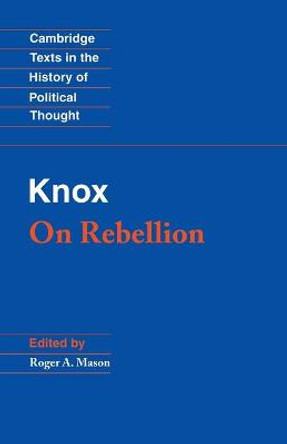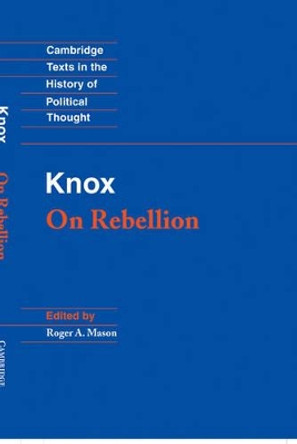Description
"With respect to the centrality of psychological testing (not to mention human resource recruitment, personality assessment and terrorism defense) on a truly global scale today, Professor Richardson's book could certainly acquire a wide readership extending far beyond the community of psychologists and historians of psychology and immigration. In fact, the audience for the book would range from scholars in American history, historians of science, public and population health researchers, to a wide readership in the lay public. The author focuses on a long-forgotten forbear and a pioneering test protocol, which often go unnoticed in many standard text books of psychology and behavioural medicine. The book is certainly an original contribution with its focus on the marginalized figure of Howard Andrew Knox (1885-1949)." -- Dr. Frank W. Stahnisch, AMF/Hannah Professorship in the History of Medicine and Health Care, University of Calgary, Alberta
About the Author
John T. E. Richardson is the professor of student learning and assessment at The Open University in the United Kingdom and a former professor of psychology and head of the Department of Human Sciences at Brunel University. He is an academician of the U.K. Academy of Social Sciences, a fellow of the British Psychological Society, and a fellow of the Society for Research into Higher Education. He is an associate editor of the British Journal of Educational Psychology and Psychology Teaching Review, and among his fifteen coauthored and coedited books are Gender Differences in Human Cognition, Imagery: Current Developments, The Future of Higher Education, Intelligent Systems in a Human Context, and Mental Imagery and Human Memory.
Reviews
With respect to the centrality of psychological testing on a truly global scale today (not to mention human resource recruitment, personality assessment, and terrorism defense), John Richardson's book will acquire a wide readership extending far beyond the community of psychologists and historians of psychology and immigration. In fact, the audience for this book ranges from scholars in American history, historians of science, and public and population health researchers to a wide general readership. Richardson focuses on a long-forgotten forbear and a pioneering test protocol, which often goes unnoticed in many standard psychology and behavioral medicine textbooks. His book is an original contribution. -- Frank W. Stahnisch, University of Calgary, Alberta John Richardson's work does much to bring us a new look at our past. His book tells of an important chapter in American history and psychology and provides new insights into our ongoing struggles to understand the expression of our cognitive abilities and limitations. -- David B. Baker, The University of Akron and the Center for the History of Psychology Howard Andrew Knox is comprehensive and compelling. John Richardson has created a very original work and his examination of a previously unknown contributor to the science of intelligence testing is insightful and original. -- Eric Turkheimer, University of Virginia what makes it such an intriguing read, is the complex interrelationship that existed between the emerging science of psychology and the organizational, political, and cultural context inwhich both the idea and the specific techniques of intelligence testing took hold in Americansociety. -- Steven Ward PsycCritiques An important account of the role that one man played during a fertile and important period in the history of American immigration and intelligence testing. -- Kaitlin Bell Barnett Psych Central This book is highly recommended for anyone with an interest in intelligence testing and the historical events that contributed to their adoption by modern psychology -- Sherry Ginn Journal of the History of the Neurosciences
Awards
Winner of Outstanding Book in the History of the Neurosciences 2012.
Book Information
ISBN 9780231141680
Author John Richardson
Format Hardback
Page Count 352
Imprint Columbia University Press
Publisher Columbia University Press









